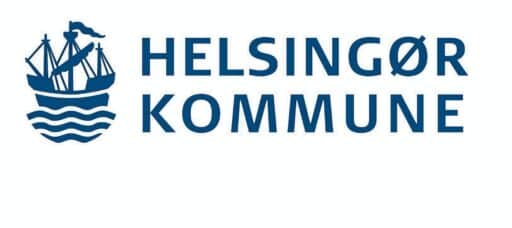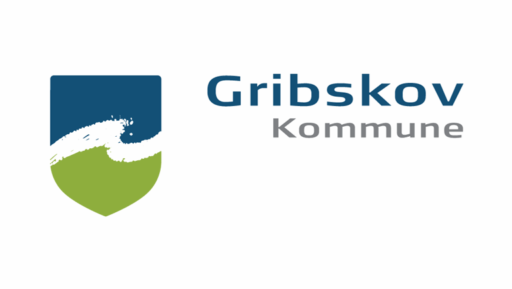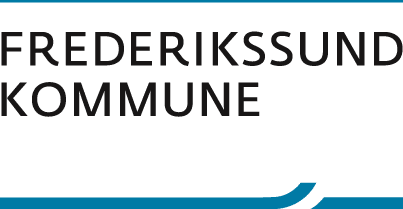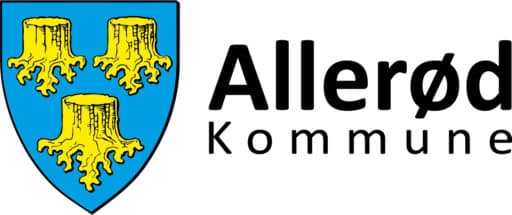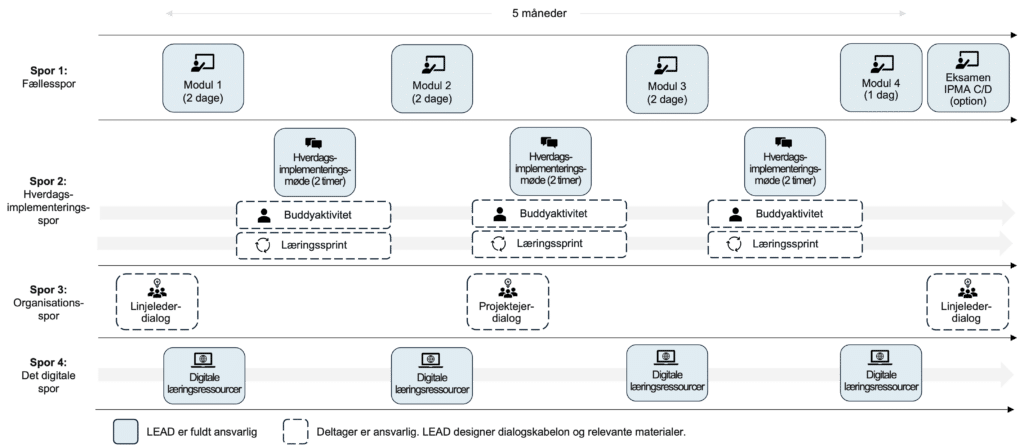Why choose a project management degree?
As a project manager, it is essential to possess both project management and project leadership skills to ensure project success.
The ability to communicate clearly is essential, as is the ability to make decisions and solve problems effectively. In addition, the project manager must demonstrate flexibility, manage resources and time effectively and navigate complex situations. To achieve results, it's important to build strong relationships, foster collaboration and involve the team in decision-making processes. A good project manager is also visionary and committed to continuous learning and development, which contributes to the growth of the project and the organization.
The Project Management program introduces you to the best and most current knowledge about project management. At the same time, you will be supported in how to best apply theories, methods and tools effectively to a concrete case from your home organization. You will be taught by experienced project managers who are not only well-versed in theory, but also in practice.
Testimonials from previous participants
"Good coherence between theory, exercises and assignments. Good teachers who communicated clearly within the framework."
"The group work and the associated exercises were a really good and supporting element in the teaching, where you constantly had to relate to your case project and implement what you learned. At the same time, it was useful to hear about everyone else's projects and problems. In addition, the everyday implementation meetings worked really well and motivated you to relate to your project. It created awareness of your issues."
"The selected themes were very relevant and there was a good alternation between presentations and group work."
Close connection between theory and your everyday life
The program is based on a link between theory and practice.
Throughout the course, you will actively work with a specific case from your own practice. This ensures a greater benefit and that both you and your organization experience a noticeable effect in your daily tasks.
After graduation, you will receive a certificate of completion.
Take the program with or without an exam
As a participant in the project management program, you have the option of taking the program with or without an exam (optional). The exam is held in collaboration with VIA University College and certifies that you have completed a project management module equivalent to 5 ETCS points, which is at the level of the Diploma of Leadership (DIL). If you choose to take the exam, there will be an additional syllabus and you should therefore allow time for this before the exam.
Admission requirements
In order to graduate at diploma level, it is a requirement that you have at least a short higher education degree. In addition, you must have at least 2 years of relevant work experience after completing your qualifying education.
If you do not meet the above requirements, but have other and equivalent prerequisites, you can apply for the exam based on an assessment of prior learning.

